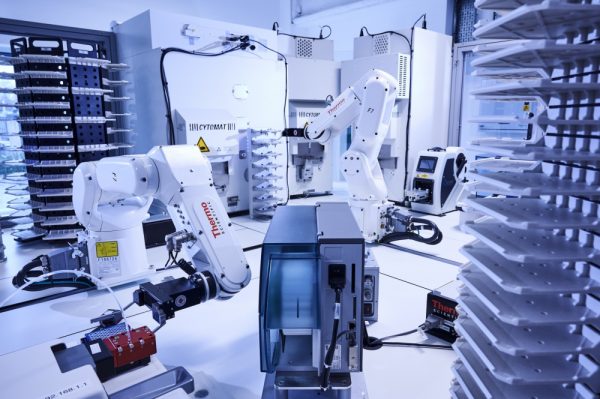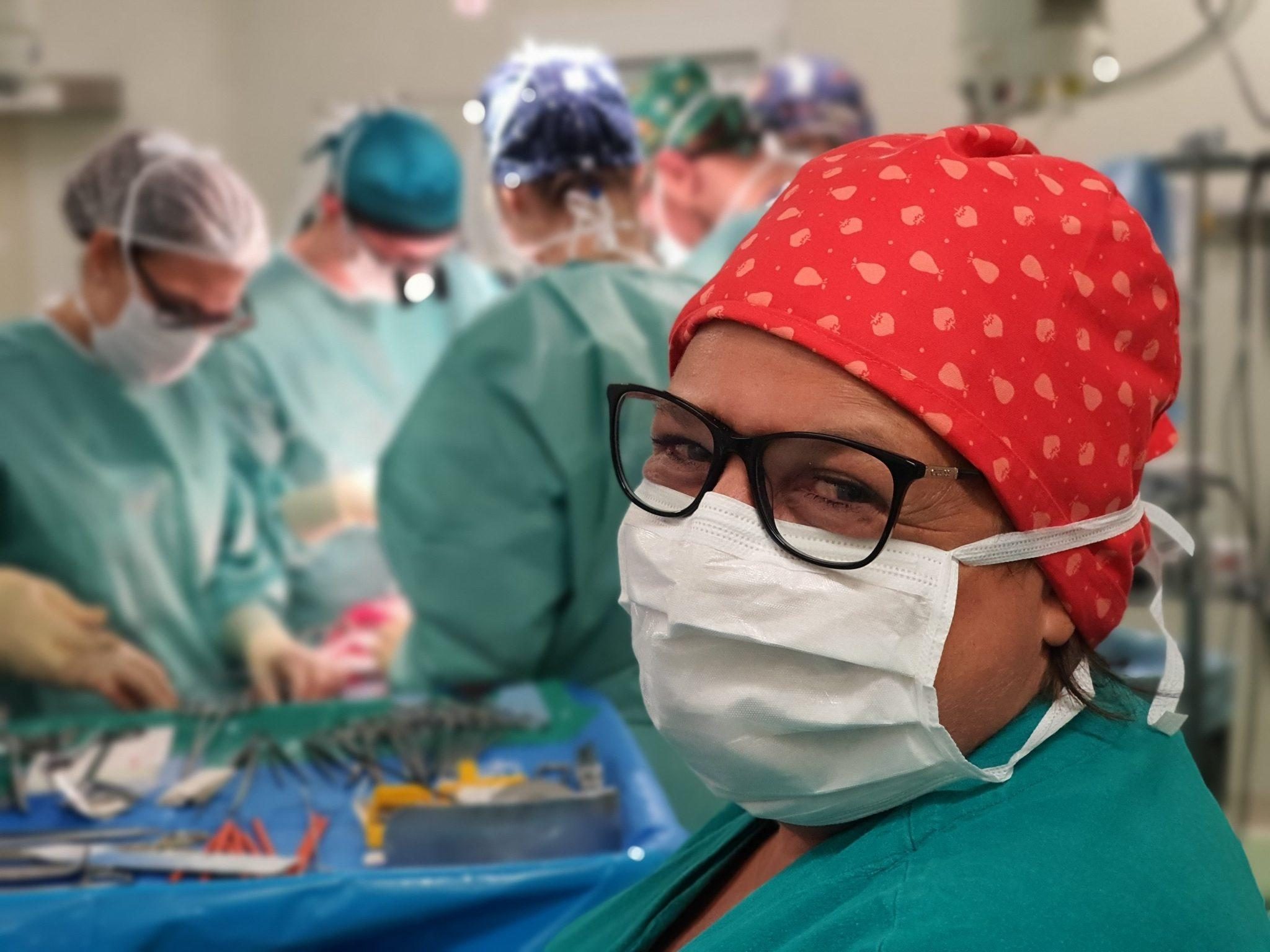Taking an engineering approach to building biological systems – engineering biology – has spectacular potential to revolutionise how we diagnose and treat disease.
At the University of Edinburgh, for example, our experts are working at the cutting edge of cell and gene therapies. Professor Susan Rosser is engineering ‘surveillance cells’ to search inside the body for disease biomarkers. Professor Andy Baker is using gene and cell therapy to influence repair and regeneration of the vascular system and Professor Steve Pollard is creating state-of-the-art stem cell modelling to tackle brain cancer. They are working in just three of our hundreds of labs.
Global spending on medicines is expected to grow to nearly $1.6 trillion by 2025, excluding spending on COVID-19 vaccines, according to the latest report by pharmaceutical company IQVIA. Seven of today’s 10 biggest-selling drugs are ‘biologics’, meaning they are based on complex protein molecules, not chemical compounds, and they require cells to manufacture them. The opportunity for impact is huge.

Picture: Edinburgh Genome Foundry
Our world-leading facilities are vital to support this research. The University is home to the world’s most advanced, fully automated biofoundry, the Edinburgh Genome Foundry, including the recent £2 million acquisition of Europe’s only Berkeley Lights Beacon System in an academic setting. This allows researchers to phenotypically screen thousands of individual engineered cells.
Edinburgh Innovations, the University of Edinburgh’s commercialisation service, supports academics throughout the innovation pipeline from research to collaboration to spin out into companies, and we have many successful examples of those.

Picture: Sensibile scientist Mirella Lapore in the lab
For example, SensiBile, led by co-founders Dr Sofia Ferreira-Gonzalez (CEO), Hannah Esser (transplant surgeon) and Professor Stuart Forbes (medical director), has partnered with Scottish technology integration company Integrated Graphene to develop a prototype electrochemical biosensor to help detect biliary complications’ biomarkers in donor livers.
Invizius, led by Dr Andy Herbert and his team in the University of Edinburgh's School of Chemistry, is developing its H-Guard Haemodialysis Priming Solution, involving a novel protein that lines the inside of the dialysis filter and helps dialysis to take place undetected by the body’s immune system.
And Resolution Therapeutics, co-founded by Professor Stuart Forbes of the Centre for Regenerative Medicine and Professor John Campbell of the Scottish National Blood Transfusion Service, is developing macrophage cell therapy to treat advanced liver disease.
The University of Edinburgh is full of extraordinary people who are already working in collaboration with partners to translate ideas into real-world impact. We will continue to push boundaries and are looking for our next partner to work with us to improve global health. With our expertise in cell and gene therapy and our world-leading facilities we are uniquely placed to work with you to make ideas work for a better world.
Philip Ellis is a business development executive at Edinburgh Innovations, the University of Edinburgh’s commercialisation service
For more information contact Philip Ellis
To find out more about Professor Rosser's activity contact Emma Elliott
To find out more about Professor Baker's activity contact Aurora Pinas Fernandez
To find out more about Professor Pollard's activity contact Jane Redford